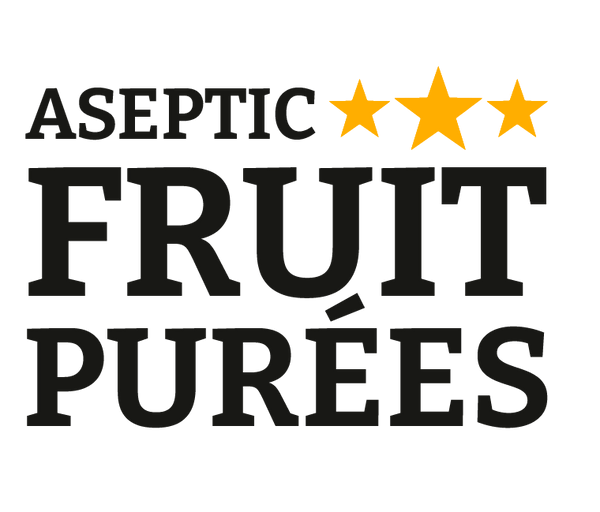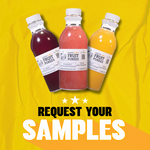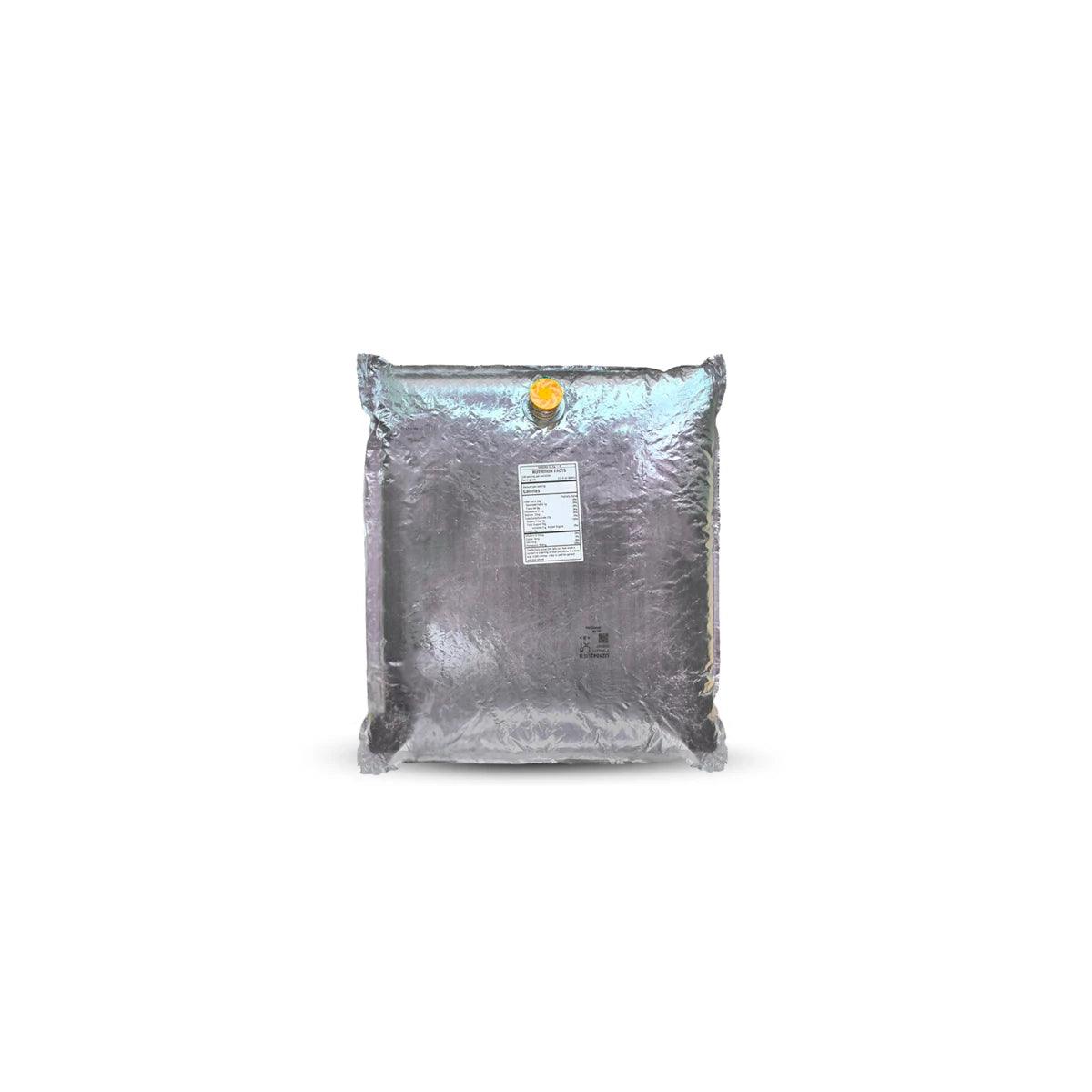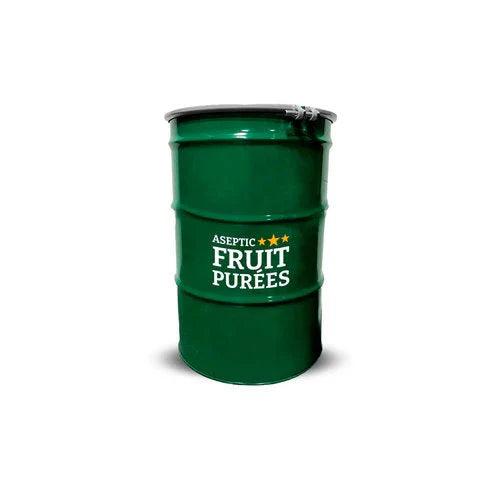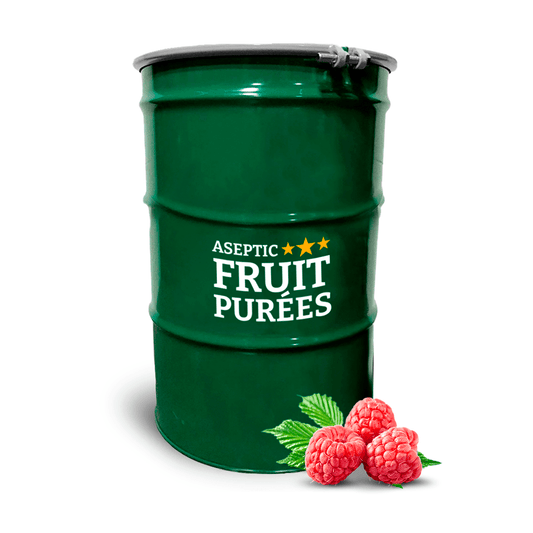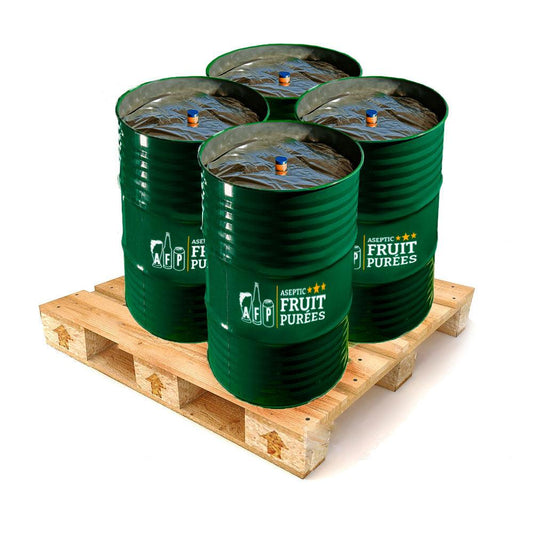Kombucha. While this interesting beverage dates back thousands of years to China, it is entirely possible you have either never heard of it or you don’t know much about it. Beyond associating it with a certain health conscience friend or a crunchy granola lifestyle, it has gone mainstream and is being produced on the homebrew scale all the way up to large scale commercial production. Kombucha is a beverage that is made up of green or black tea and is fermented with SCOBY, which is an acronym for symbiotic culture of bacteria and yeast. It is essentially sugar, water, and tea brewed with spices and cooled down to fermentation temperature and the SCOBY is added where it ferments for seven to fourteen days. During the end of fermentation just like in the production of some beers, fruit can be added.
Many beverage companies are taking this beverage a step further and are now producing hard kombucha – not to be confused with hard tea – so let’s take a look at both and their distinct flavor profiles and various health benefits.
Kombucha and Hard Kombucha
All forms of kombucha are a fermented beverage that contains alcohol, however levels vary, as some are intentionally higher in alcohol. While kombucha may contain up to one half percent alcohol by volume, its “hard” counterpart is upwards of five percent alcohol by volume. This is determined based on the target market and is controlled by varying the amount of sugar in the tea based on gravity just like in brewing, winemaking, distilling, etc. The yeast used to ferment kombucha is also the same that is used to ferment beer, Saccharomyces cerevisiae or brewer’s yeast. There is also the use of some souring bacteria different but not unlike Lactobaccillus, which is used for making kettle sours and even sauerkraut as well as kimchi. The acids in kombucha are dominantly Acetobacter xylinus and Gluconacetobacter xylinus bacteria. These are both acid producing bacteria and both considered probiotics. However, Lactobacillus produces lactic acid (soft acid on the tongue) while Acetobacter and Gluconacetobacter produce acetic acid (hard on the tongue like vinegar). Lactic acid is still produced in the production of kombucha however levels vary.
Kombucha is said to have various health benefits, most if not all of them have been difficult to prove. However, it is mostly popular for the fact that it contains probiotics which have been proven to have health benefits. This is bacteria that fights other bacteria in your gut. It also offers the same benefits some get from green tea. However, there are limits to this “healthy” beverage, too much of a good thing can be bad. Someone who over-indulges on kombucha could have some digestive difficulties, and not to mention the added fruit and any other sweeteners could lead to excess calories consumption. This just negates the benefits that this beverage is supposed to be used for.
Hard Tea
Unlike kombucha, hard tea has been only been around a few decades gaining popularity in the 1990’s and has seen a steady market increase as innovations have been made to production. Hard tea is similar to kombucha in that they are both derived from green and black tea leaves, but there are a few key differences. The first that is the most significant is the presence of bacteria or more specifically acid producing bacteria or lack thereof. The way the alcohol is produced is different also, the most common way is to blend the tea and a finished alcohol such as a seltzer base or a diluted neutral grain spirit. Although fermentation of the tea is possible it is not recommended due to unwanted fermentation products that will need to be removed via filter that would strip out the tea. Fruit puree can also be added post fermentation in small doses since the fruit puree will not ferment out which will leave behind some residual sugar and will likely dilute the alcohol.
While touting teas health benefits on labels and in marketing materials, beverage producers of all sizes are looking to capitalize on this segment. What better beverage than tea which has been around since what would seem like the beginning of time. Tea by itself can be very plain and that is what some people want, on the other hand there are much more adventurous consumers out there. Using real fruit is a way to elevate the complexity of this otherwise basic beverage. Think about it, a hard tea that contains pink guava and mango or passion fruit and papaya. The sky is the limit, and this segment could go as far as seltzers in recent years. We will start seeing more and more of these coming out soon that will be closely marketed to seltzer which could potentially capture a large part of their booming market.
But, what about the caffeine in tea? Yes, tea leaves contain caffeine however it has significantly lower levels than coffee. Hard tea has become more popular in the mainstream recently (not just because of a certain brand whose tea can was made famous in popular culture, you know the meme I am talking about).
Why are they going to stick around?
Whether it has green or black tea, whether it is fermented or blended, containing acid or not there is room for both kombucha and hard tea in the world we are living in. People are more health conscience than they used to be. There have been noted trends that alcohol has lost popularity with millennials and the gen Z crowd. This could be an opportunity to build a brand that offers health benefits these drinkers are looking for. Although the health benefits are difficult to quantity, kombucha is a probiotic which is good for digestion. The acidity in kombucha can also potentially kill bacteria. Both hard tea and kombucha contain tea, green tea more specifically. Green tea is known to be a healthy cleansing beverage that is rich in antioxidants and can help burn more calories and which is interesting when talking about an alcoholic beverage. Either way, these fermented beverages rich with health and taste benefits will be the ones to watch (and try) and we move into the summer months when everyone is looking to quench their thirst on something new and exciting.
Nick Burgoyne is our Brewing Consultant
with more than 15 years of experience in the
craft beer industry. nick_burgoyne@yahoo.com
